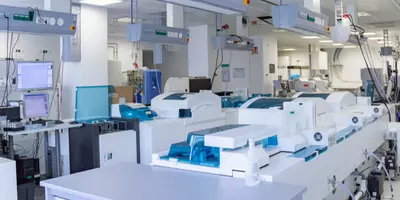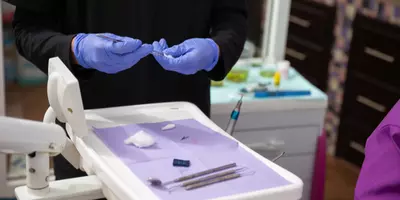
Mar 14, 2016 ● Kate Lopaze
How to Become an Audiologist
If you know someone who has struggled with hearing loss, then you probably also know how essential audiologists are to the healthcare community. Audiologists work with doctors and patients to identify, diagnose, and treat hearing, balance, and related disorders. They also work to help patients communicate with the world.
The Day-to-Day
Clinical audiologists are experts in the science of hearing-related disorders. Their work includes:- Evaluating hearing and balance problems
- Continuing ttreatment of people with hearing and balance disorders
- Preventing hearing loss
- Testing patients’ hearing
- Counseling patients
- Fitting hearing aids and other assistive hearing devices
- Treating balance disorders
- Educating patients on communication strategies (like sign language, speech reading, etc.)
- Audiologists typically work in clinical settings like hospitals, private medical offices, schools, and government agencies. They can choose to specialize by patients’ age (like pediatric or geriatric), by disorder (like tinnitus, auditory processing, or balance problems), or by treatment (like cochlear implants, hearing aids, etc.). They often work with other healthcare professionals, such as doctors, speech-language pathologists, educators, and other allied health professionals to help develop treatment plans for patients.
- Julie Martinez Verhoff: School Audiologist
- Become an Audiologist or SLP & Reward Yourself with a Career that Helps Others
The Requirements
Becoming an audiologist requires a pretty strong commitment: most audiologists have a doctoral degree (AuD) from a program accredited by the American Speech-Language Hearing Association. They also need to pass the Praxis Examination in Audiology. Additionally, almost all states require a license, so be sure to check on your own state’s requirements.The Skills
The audiology field calls for a number of special skills and knowledge bases, including:- Attention to detail
- Math and science (particularly biology and communication sciences)
- Critical thinking
- Patient evaluation
- Anatomy and physiology
- Disease management
- Communication skills


